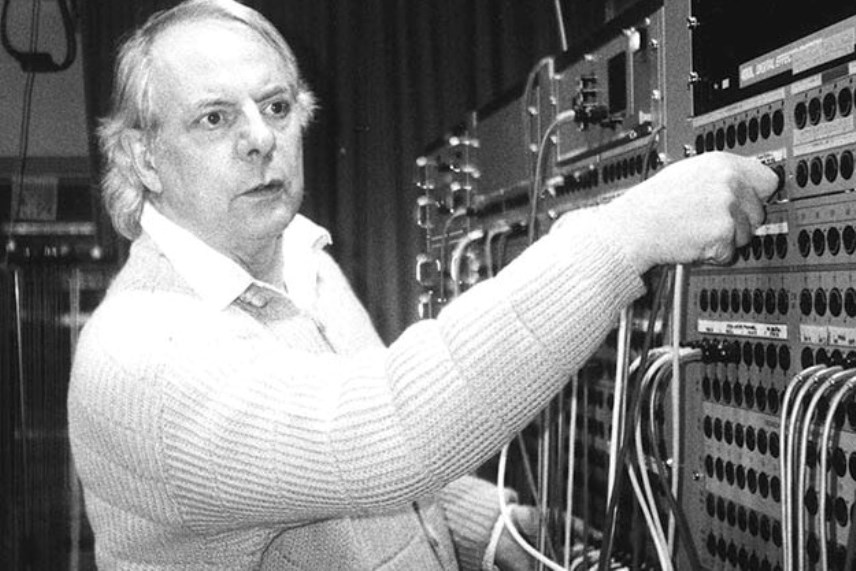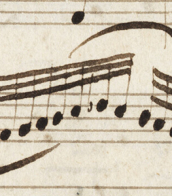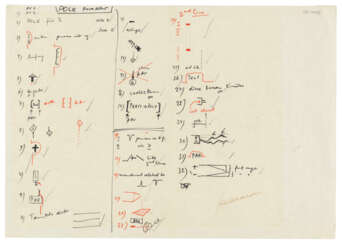карльхайнц штокхаузен (1928 - 2007)

Karlheinz Stockhausen was a German innovative and avant-garde composer, conductor, and musical theorist.
Stockhausen studied at the State Academy of Music in Cologne and the University of Cologne, then in 1952 in Paris with composers Olivier Messiaen and Darius Millau. Returning to Cologne in 1953, he joined the electronic music studio West German Broadcasting (Westdeutscher Rundfunk), of which he was artistic director from 1963 to 1977. Stockhausen created his first electronic music piece in 1953.
In the mid-1950s Stockhausen studied phonetics, acoustics and information theory at the University of Bonn, all of which he used in his musical compositions. From 1953 he began teaching composition in Darmstadt and later organized seminars in Cologne. From 1971 to 1977 he was already professor of composition at the State Academy of Music in Cologne.
Stockhausen used both electronic and traditional instrumentation and supported his approach with rigorous theoretical reasoning and radical innovations in musical notation. He ensured that sounds were equally interesting regardless of the order in which they appeared; random decisions of musical order play an important role in many of his compositions.
Stockhausen lectured and gave concerts with his works throughout Europe and North America. As a creator and theorist of electronic and serial music, he had a significant influence on avant-garde composers of the 1950s and 1980s.


Karlheinz Stockhausen was a German innovative and avant-garde composer, conductor, and musical theorist.
Stockhausen studied at the State Academy of Music in Cologne and the University of Cologne, then in 1952 in Paris with composers Olivier Messiaen and Darius Millau. Returning to Cologne in 1953, he joined the electronic music studio West German Broadcasting (Westdeutscher Rundfunk), of which he was artistic director from 1963 to 1977. Stockhausen created his first electronic music piece in 1953.
In the mid-1950s Stockhausen studied phonetics, acoustics and information theory at the University of Bonn, all of which he used in his musical compositions. From 1953 he began teaching composition in Darmstadt and later organized seminars in Cologne. From 1971 to 1977 he was already professor of composition at the State Academy of Music in Cologne.
Stockhausen used both electronic and traditional instrumentation and supported his approach with rigorous theoretical reasoning and radical innovations in musical notation. He ensured that sounds were equally interesting regardless of the order in which they appeared; random decisions of musical order play an important role in many of his compositions.
Stockhausen lectured and gave concerts with his works throughout Europe and North America. As a creator and theorist of electronic and serial music, he had a significant influence on avant-garde composers of the 1950s and 1980s.




